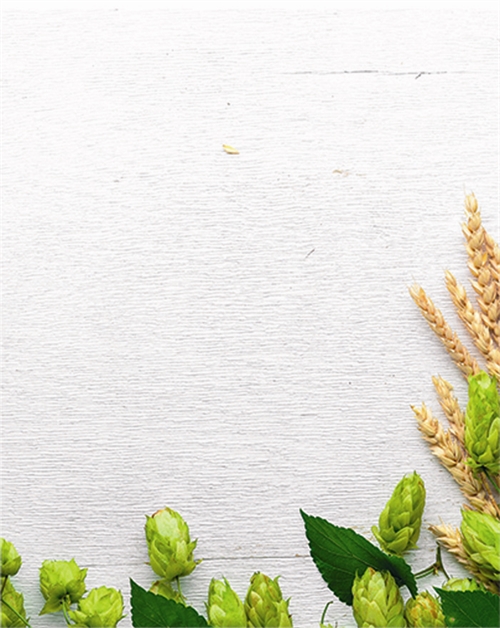The importance of barley variety for your whisky - Post by Whisky Magazine

In the context of wine production, we can talk about the concept of "terroir", which is a combination of all the characteristics that the geography, geology and microclimatic conditions of a particular locality impart to a specific grape variety. The same grape variety can be grown in two different regions with different "terroir", and the grape will produce two different wines.